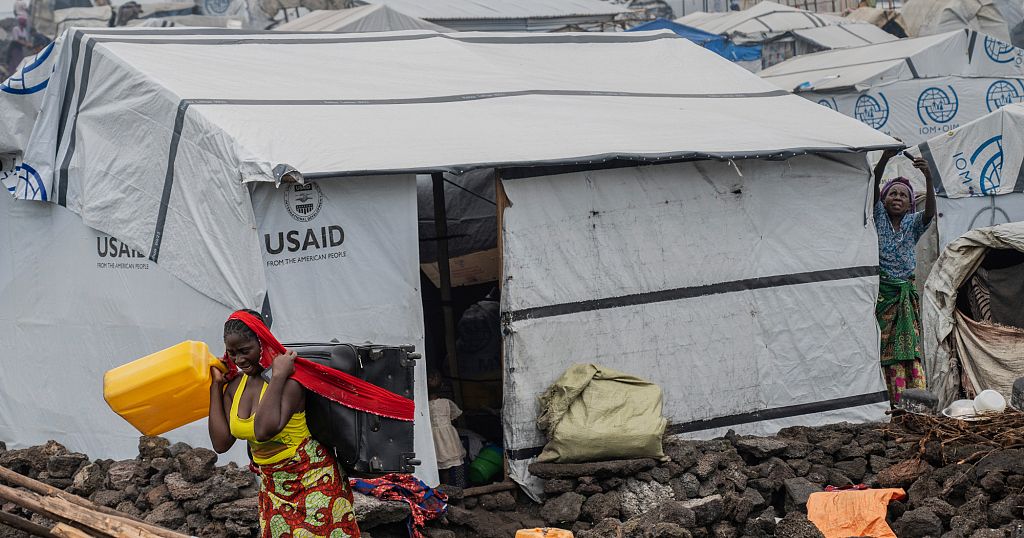Over three million displaced Congolese have returned to their homes since the start of 2025, marking a tentative step toward recovery in regions plagued by years of conflict. According to the latest United Nations humanitarian agency (OCHA) report, North Kivu province saw over 2 million returnees, while more than 600,000 people resumed life in South Kivu. Nationwide, the number of internally displaced persons (IDPs) dropped by 1 million this year, from 6.9 million in 2024 to 5.9 million.
This shift, however, unfolds against a backdrop of persistent crises. Many returnees in North Kivu faced involuntary displacement earlier this year after authorities dismantled camps in Goma and Nyiragongo, leaving families with little choice but to resettle in areas still scarred by instability. Across the Democratic Republic of Congo (DRC), health emergencies compound daily hardships. Cholera, measles, and mpox outbreaks continue to strain medical resources, while food insecurity affects 27 million people—nearly a quarter of the population—with 4.5 million children enduring acute malnutrition.
A fragile ceasefire signed in mid-July between the Congolese government and the M23 rebel group, which Rwanda has long been accused of supporting, offered a brief respite. Yet hopes for lasting peace dimmed after reports from the UN Human Rights Office detailed M23-led attacks on civilians in Rutshuru territory. Between July 9 and 21, at least 319 civilians were killed in four villages, raising urgent questions about the agreement’s viability.
While the decline in displacement signals progress, analysts caution that systemic challenges—from armed group violence to underfunded public services—threaten to erase gains. Humanitarian organizations emphasize that returnee communities often lack access to clean water, healthcare, and arable land, with many struggling to rebuild homes destroyed during clashes. The DRC’s eastern provinces, rich in natural resources, remain hotspots for both ethnic tensions and competition over mineral wealth, fueling cycles of conflict.
The UN has called for increased international aid to address urgent needs, warning that funding shortfalls could deepen one of the world’s most complex humanitarian crises. For now, amid sporadic violence and dire living conditions, the resilience of returnees underscores a precarious balance between cautious optimism and the grim realities of a nation striving for stability.
